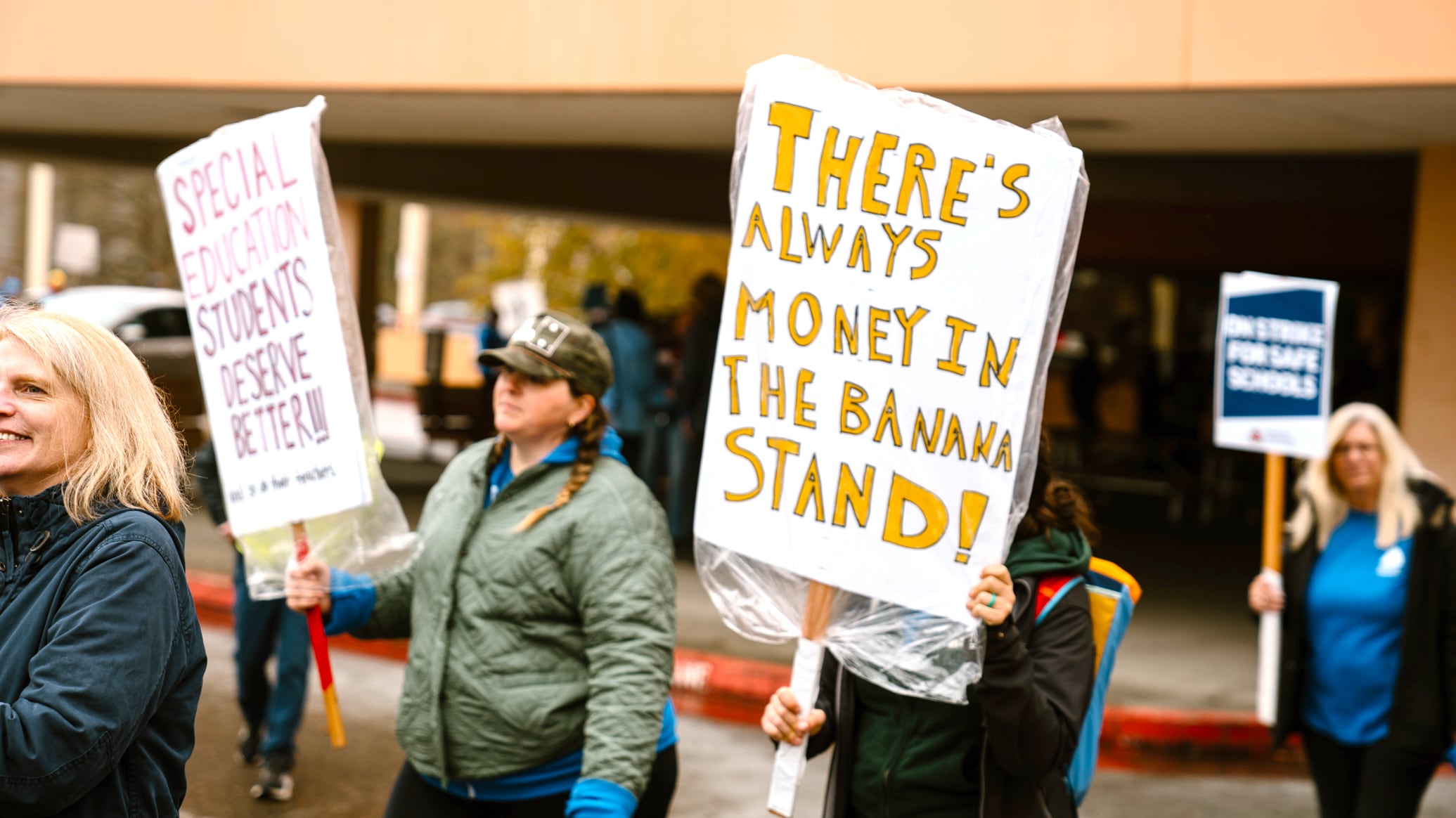PPS TEACHERS LEVY HAULS IN LESS: Portland Public Schools’ teachers levy collected almost $5 million less than expected this year, the district’s chief financial officer, Michelle Morrison, told the Portland School Board on Nov. 18. The property tax levy, which collects $1.99 per $1,000 of assessed value, funded about 650 full-time teaching positions last year. (That number has declined over the years as teacher salaries have risen.) In the presentation to the School Board that night, county economist Jeff Renfro explained that decreasing values on commercial properties, such as downtown office space, and the resulting compression of property taxes have contributed to a dip in revenue from the teachers levy over the past three years. “Typically, we would consider 3% to be the floor of growth for assessed value,” Renfro said. “For PPS, it’s been below 2% the last couple of years, which is extremely low. It rivals the level that we saw right after the financial crisis.” The shortfall from the levy is just one reason PPS faces a $50 million budget shortfall in the upcoming school year, bad news for a district that has already stripped its central office and made numerous cuts to classrooms over the past few years. It faces deep uncertainties both this year and next, especially as federal cuts affect state budgets. The findings about the levy only add to those questions. Proceeds from the levy go straight to funding licensed full-time teaching positions, Morrison said. “That’s part of the fragility that I’ve been trying to describe around our current-year budget.”
LEGACY STRIKE LOOMS: A group of Portland-area clinicians is set to strike Dec. 2 after 18 months of unsuccessful negotiations with Legacy Health. The roughly 135 workers poised to walk off the job include nurse practitioners, physician associates, certified nurse midwives, and clinical nurse specialists who work at Legacy hospitals and clinics throughout the Portland area. With pickets planned outside Legacy Emanuel and Good Samaritan Medical Centers, they seek to agitate for compensation on par with counterparts in other area health systems. In a statement, Legacy says it will not negotiate while the strike notice—or any active strike—remains in effect, and that it has activated “contingency plans” to ensure continuity of care for patients. It says it offered the workers a competitive 10% average pay bump. “We understand employees may compare our compensation to other local systems,” Legacy said in a statement, emphasizing that a high proportion of its patients rely on government programs like Medicaid, which generally pay less than commercial insurance plans. “Each health system operates within its own financial and economic environment. Legacy’s realities are not the same as others.”
OLCC NIXES GROCERS’ COCKTAIL PROPOSAL: At its Nov. 20 meeting, the Oregon Liquor and Cannabis Commission decisively rejected a proposal by the Northwest Grocery Retail Association that grocers be allowed to sell canned cocktails made with distilled spirits. “Privatizing cocktails in a can would lead to less revenue and higher costs for our communities, narrow the choices of Oregon consumers, and undermine public health and safety by increasing the chance that minors will gain access to these liquor products,” OLCC chair Dennis Doherty said. In October, the grocers circulated a proposal for selling spirit-based canned cocktails (limited to 14% alcohol by volume) at Oregon’s roughly 800 grocery stores. The grocers say 31 states allow such sales. Association CEO Amanda Dalton says her group offered a “moratorium” on the larger issue of privatizing all liquor sales, but if the state won’t negotiate, all bets are off. “We believe the majority of Oregonians support the convenience of purchasing ready-to-drink cocktails, and eventually all spirits-based beverages, in their local grocery store,” Dalton says. “That is not what is currently on the table. However, if the Legislature fails to act, we will be forced to consider taking our effort to the ballot.”
MEASURE COULD LET PORTLANDERS MAKE BUDGET DECISIONS: An initiative aimed at the November 2026 ballot would let Portlanders decide where millions of city dollars get spent every year. If passed, the measure would annually set aside an amount equivalent to 2% of the city’s general fund—about $16 million based on this year’s budget—to be spent on projects determined by a community vote. Two major progressive political groups, East County Rising and Next Up Action Fund, back the measure, as does the statewide group Participatory Budgeting Oregon. Those same groups tried to launch a similar measure in 2024 but punted after falling behind on signature gathering. So far, the petition’s backers have collected 22,000 voter signatures, more than half the 40,437 signatures needed by July 6 to qualify for the November 2026 ballot. The measure’s chief petitioners are Elona Wilson, executive director of Next Up Action Fund, and Jim Labbe, interim executive director of Participatory Budgeting Oregon.

